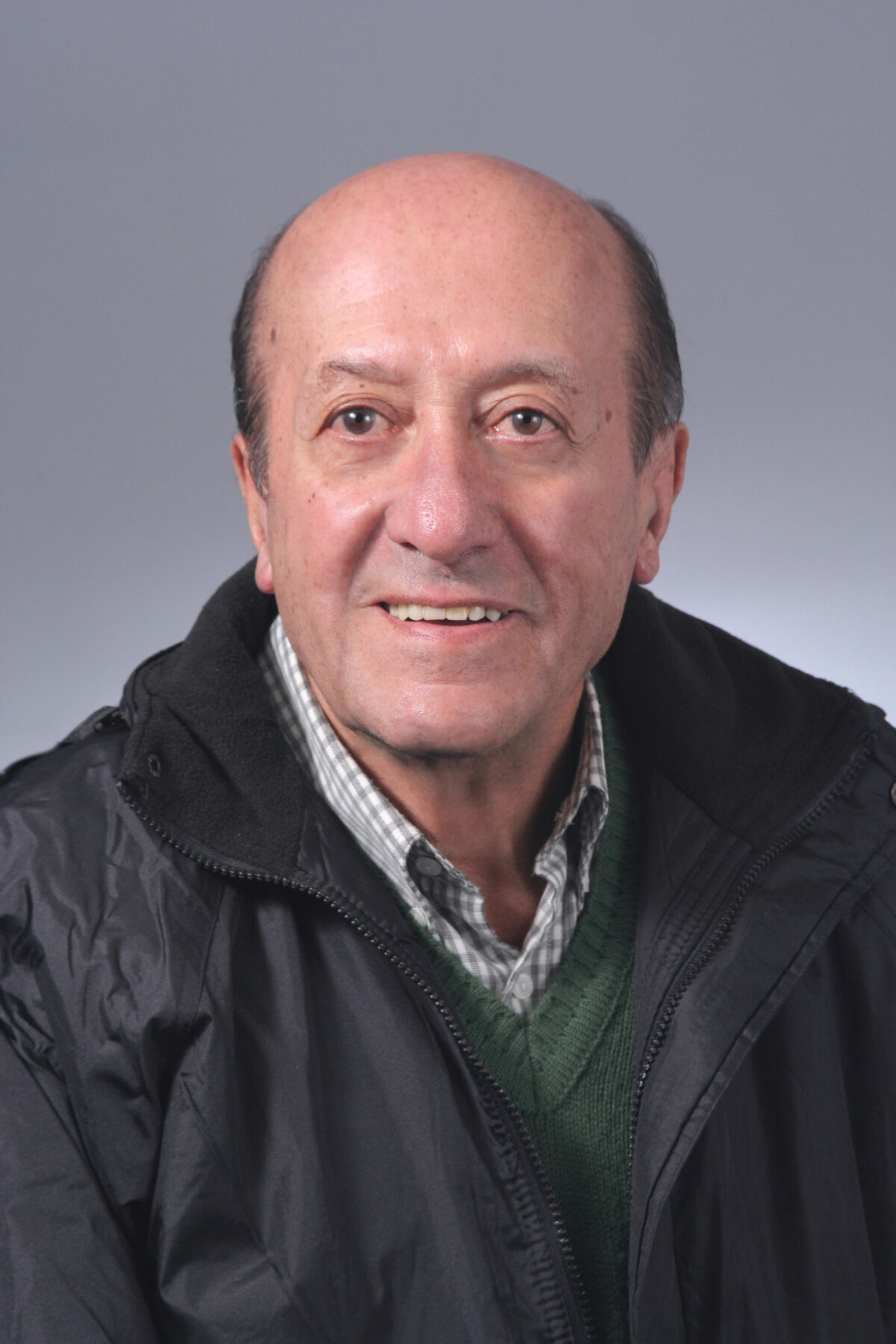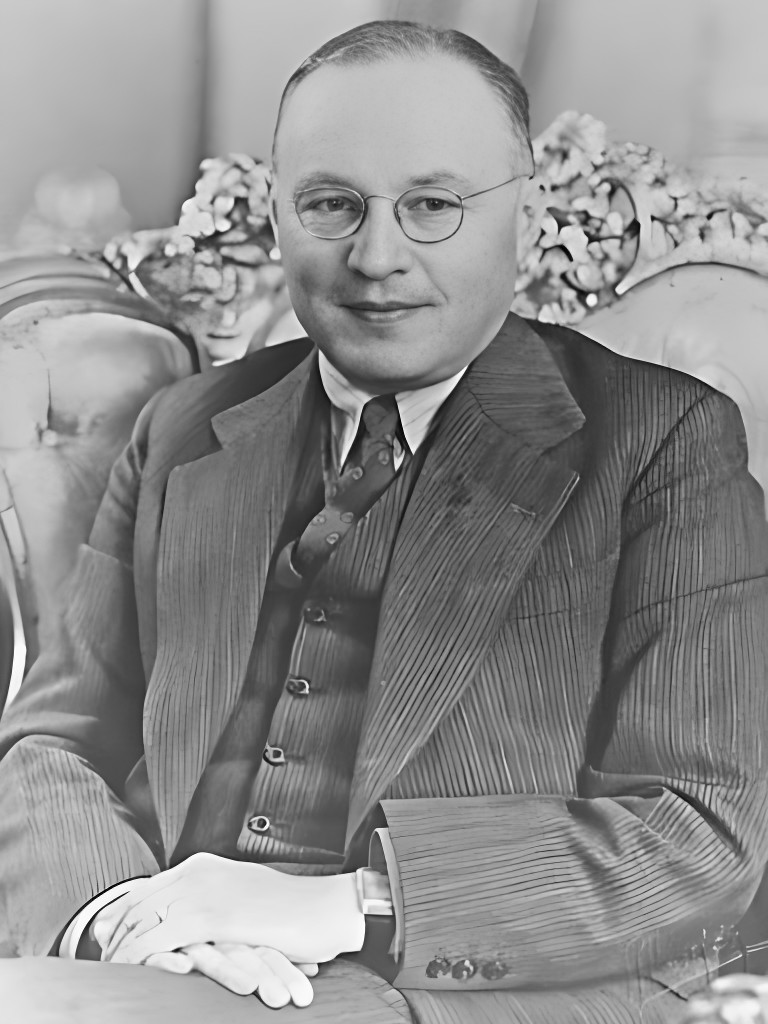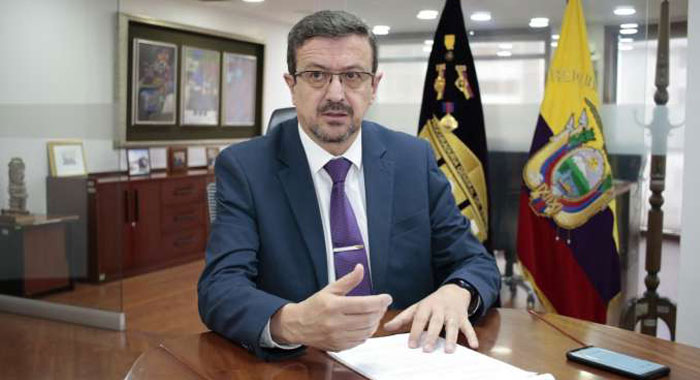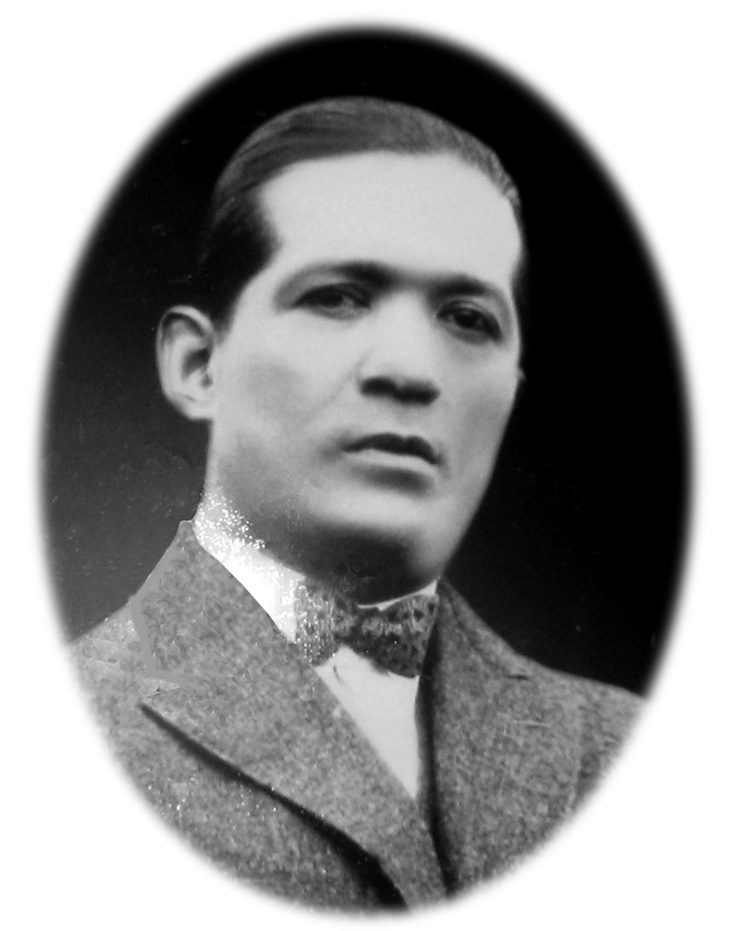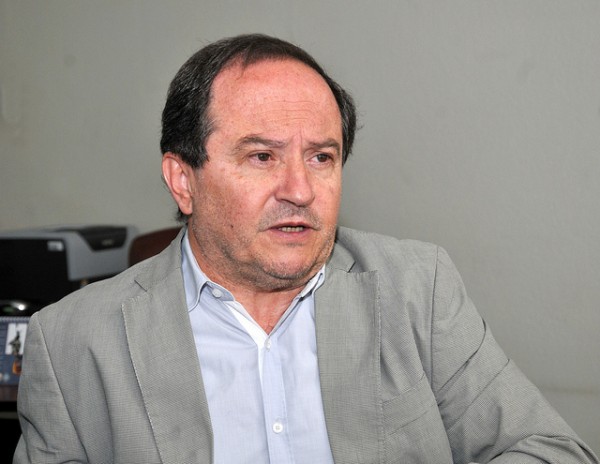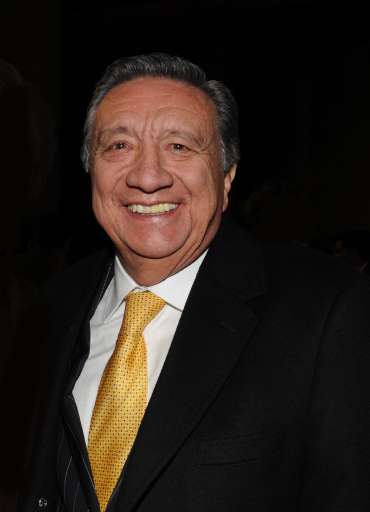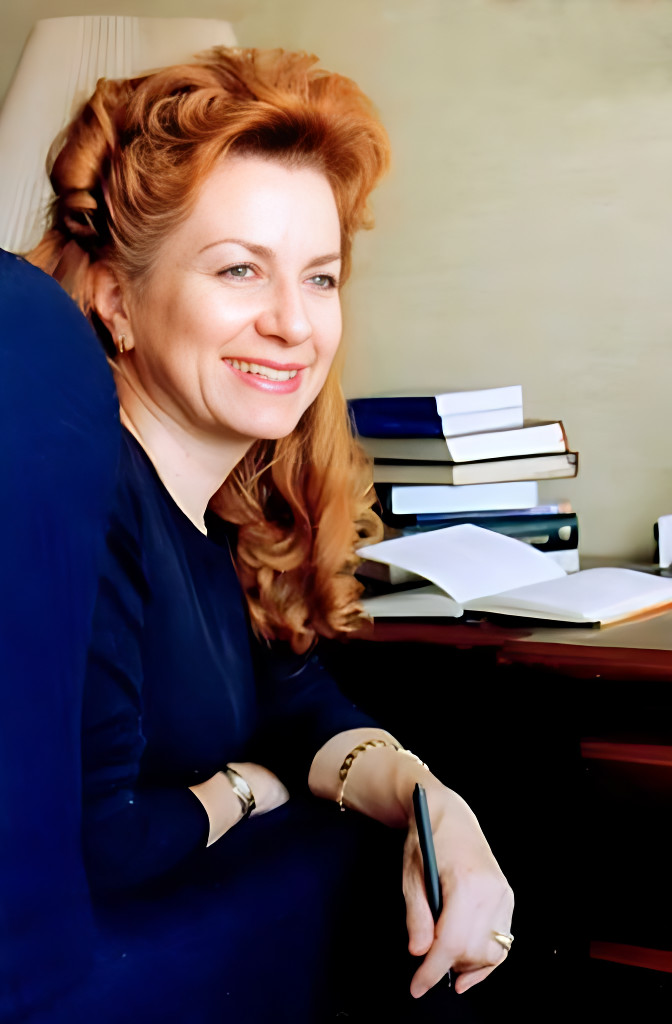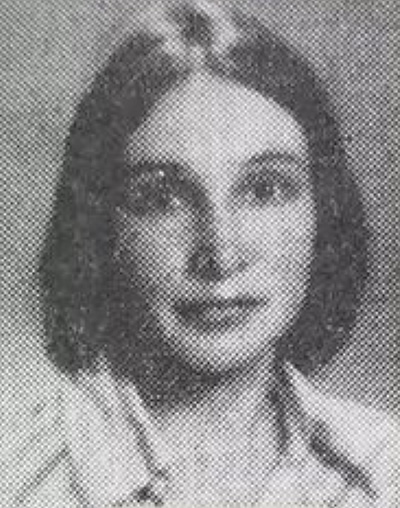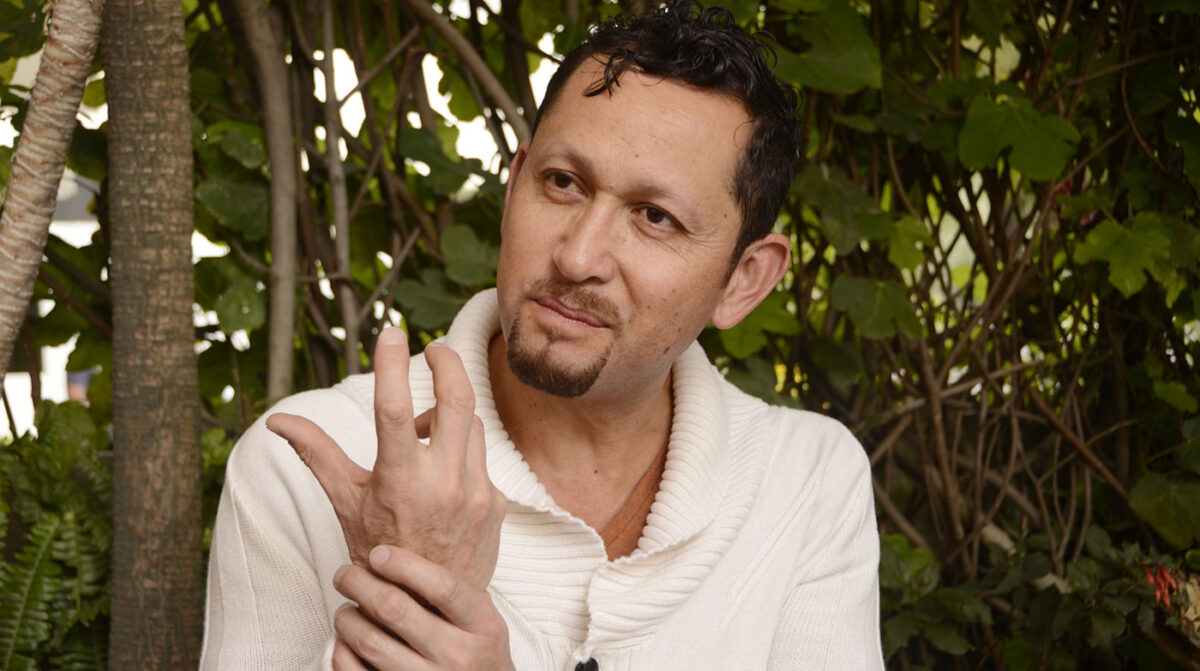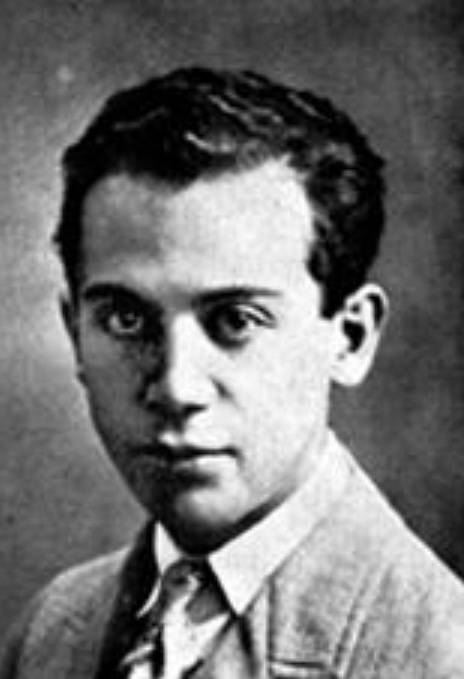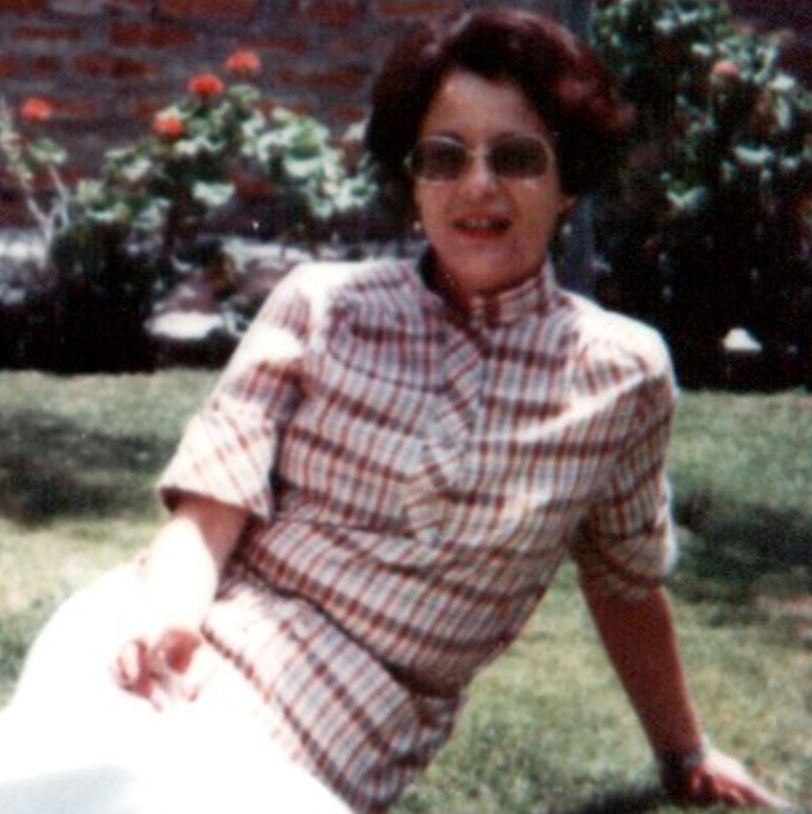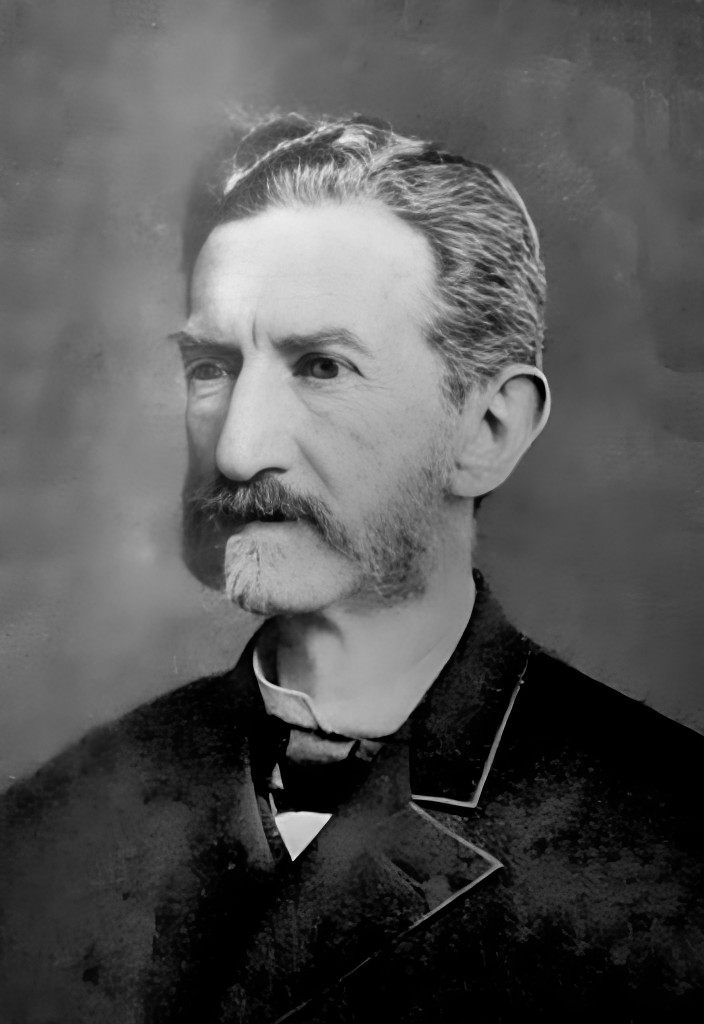Claudio Mena Villamar (Quito, May 28, 1928) is a poet, essayist, journalist, lawyer, and professor. In 1976, he won first prize in the Ismael Pérez Pazmiño poetry contest of the newspaper El Universo for “Las líneas de tus manos” [The Lines of Your Hands]. On February 8, 2007, as he was inducted into the Ecuadorian Academy of Language, he delivered a discourse on the concept of time entitled “Por los túneles del tiempo” [Through the Tunnels of Time], which was released as a book by Editorial El Conejo in Quito, Ecuador, in 2009, and awarded by the Central University of Ecuador. After being appointed pro-secretary of the Academy following the retirement of Filoteo Samaniego in 2006, he was appointed Secretary in 2008 and served until 2013. He is also a member of the Literary Law Society, the House of Ecuadorian Culture’s Academic Section of Literature, the National Academy of History and a founding member of the Ecuadorian Society of Writers “Grupo America.” He was an editorial writer for the newspapers El Tiempo and Hoy, and a columnist for several other publications.
Continue reading “Claudio Mena Villamar”Category: Writers from Quito
Julio Tobar Donoso
Julio Tobar Donoso (Quito, January 25, 1894 – Ibidem, March 10, 1981) was an Ecuadorian diplomat, lawyer, writer, and social and political scientist. In 1942, during the presidential term of Carlos Arroyo del Río (1940-1944), Julio Tobar was a signatory of the Protocol of Rio de Janeiro, a treaty settling possession of the disputed Oriente region on the border of Peru and Ecuador. He also served as Minister of Foreign Affairs of Ecuador from 1938-1942. Along with Father Aurelio Espinosa Pólit, Tobar founded the Pontifical Catholic University of Ecuador. He was a member of the Ecuadorian Academy of Language.
Continue reading “Julio Tobar Donoso”Íñigo Salvador
Íñigo Salvador Crespo (Quito, October 23, 1960) is a novelist, lawyer, public official, diplomat, and university professor. His debut novel “Miércoles Santo: un caso de Nuño Olmos” (2013), is a critically acclaimed detective novel set in Quito. His latest novel, “1822: La novela de la independencia,” won the Joaquín Gallegos Lara Prize in 2022, and was that year’s best-selling novel in Ecuador. He served as the Procurator General of Ecuador (PGE) from 2018-2022, and will serve as a judge in the Andean Community Court of Justice.
Continue reading “Íñigo Salvador”Mireya Romero Plaza
Mireya Romero Plaza de Bravomalo, aka Mireya de Bravomalo or Mireya Romero y Cordero (Quito, January 29, 1929 – July 2014) was an Ecuadorian poet, novelist, and feminist. In 1953, at the age of 23, she published a novel entitled, “La pena fuimos nosotras,” which was read by many women and that put her in the forefront of feminism in Ecuador in the 50’s. In 1956, she published a poetry book entitled, “Heliofina,” prologued by poet Francisco Granizo Rivadeneira. She sometimes used the pseudonym Marga del Río.
Continue reading “Mireya Romero Plaza”Laura Pérez de Oleas Zambrano
Laura Pérez de Oleas Zambrano, pseudonym Doña Manuelita (Quito, circa 1904-14 — circa 1981) was an Ecuadorian writer. She authored a novel, a collection of stories, two radio dramas, and an unpublished collection of poems. One of her significant works, published in 1959, is the novel “Sangre en las manos” (Blood on the Hands), which grapples with the moral complexities of abortion. This compelling narrative draws inspiration from a real-life incident, the trial of an obstetrician in Quito during 1938, charged with the death of a patient during a clandestine abortion. Her other notable work is a two-volume collection of stories entitled, “Historias, leyendas y tradiciones ecuatorianas” [Ecuadorian Stories, Leyends and Traditions] (1962).
* Because there does not appear to be agreement on the exact date of Laura Pérez’s birth or death, we have chosen to approximate the dates based on data from various sources, hence why circa is used above.
Continue reading “Laura Pérez de Oleas Zambrano”Juan Pablo Muñoz Sanz
Juan Pablo Muñoz Sanz (Quito, March 13, 1898 – Quito, August 5, 1964) was an Ecuadorian writer, music critic, composer, and pianist. In 1944, he assumed the role of rector at the Quito National Conservatory, simultaneously taking charge of its orchestra, which later evolved into the esteemed National Symphony Orchestra. Additionally, Juan Pablo shared his expertise as a professor of Spanish, literature, and philosophy. Among his books are: “La Música en Quito” (1934), “Glosario de Amiel” (1936), “La música ecuatoriana” (1938), and “Nacionalismo y americanismo musical” (1938).
Javier Ponce
Javier Ponce Cevallos (Quito, April 28, 1948) is an Ecuadorian author, journalist, and politician. Additionally, he spent many years working as an editorial writer for the newspapers El Universo and Hoy. He has held various public posts, including Minister of Defense (2008–2012) and Minister of Agriculture, Livestock, Aquaculture, and Fisheries (2012–2017), both held under President Rafael Correa’s administration. In 1982, he published his first book of poetry, “A espaldas de otros lenguajes,” followed by “Escrito lejos” (1984), “Los codices de Lorenzo Trinidad” (1984), “Texto en ruinas” (1999) and “Afuera es la noche” (2000). In 1990, he wrote his first novel, “El insomnio de Nazario Mieles,” followed by “Es tan difícil morir” (1994), and “Resígnate a perder” (1998) whose plot revolves around a character named Santos Feijó, the director of Quito’s Historical Archive, and his two loves, a woman named Nadja and a transvestite prostitute known as “Caramelo.”
Continue reading “Javier Ponce”Marco Antonio Rodríguez
Marco Antonio Rodríguez (Quito, 1941) is an Ecuadorian short story writer and essayist. He is a numerary member of the Ecuadorian Academy of Language. His most famous book is a short story collection entitled “Historia de un intruso” which consists of 10 short stories. In 1967, it won the best Spanish language book in the Leipzig International Book Fair (Germany), where other participants included Mario Vargas Llosa, Julio Cortázar, and Carlos Fuentes. He has also written over 20 books on visual arts. In 2020 he published a collection of all his stories in a book entitled “Todos mis cuentos,” which includes his previous collections: “Cuentos del rincón,” “Historia de un intruso,” “Un delfín y la luna,” and “Jaula.”
Continue reading “Marco Antonio Rodríguez”Rocío Durán-Barba
Rocío Durán-Barba (Quito, 1956) is a Franco-Ecuadorian writer, poet, novelist, essayist, journalist, and painter. With over seventy published works across multiple genres, her literary contributions span both Spanish and French, often exploring themes of identity, culture, and revolution. Durán-Barba’s debut novel, París sueño eterno (1997), earned critical acclaim and was translated into French by Claude Couffon. In addition to her literary career, she has been an influential figure in academia, cultural diplomacy, and the arts, having worked with UNESCO and exhibiting her artwork internationally. Durán-Barba currently resides between Paris and Geneva.
Continue reading “Rocío Durán-Barba”Mariana Cristina García S.
Mariana Cristina García Salvador (Quito, June 8, 1955 – Quito, 1985) was an Ecuadorian poet, essayist and journalist. Her poetry works include: “De Alfa a Omega” (1972), “Cantos Transparentes” (1974), “De la voz Innumerable” (1977), “Con la prisa de la vida en las manos” (1983), and “Voces para recordar” (1987, published posthumously). As a journalist, she collaborated with some of the country’s newspapers and magazines in the 1970s and 1980s, including El Comercio and Diario Expreso.
Continue reading “Mariana Cristina García S.”Pedro Artieda Santacruz
Pedro Artieda Santacruz (Quito, 1964) is a psychologist, novelist, short story writer, journalist, essayist, literary critic, and professor. In 2003, he published a study titled “La homosexualidad masculina en la narrativa ecuatoriana” [Male Homosexuality in Ecuadorian Narrative], which received the Manuela Saénz Prize in 2004. His first novel, “Nadie sabe con certeza” [Nobody Knows For Sure], was published in 2001, followed by the psychological science fiction novel “La última pared roja” [The Last Red Wall]. In 2011, he released a collection of short stories titled “Lo oculto de la noche” [The Hidden Night], and in 2013, his third novel “Bajo el hábito” [Beneath the Habit] received an honorable mention at the Joaquín Gallegos Lara Prize for Best Novel of the Year. This novel tells the story of a transgender Franciscan living in a monastery in Quito. Pedro Artieda Santacruz has contributed to newspapers such as El Comercio and Hoy, and his articles on literature, cinema, and gender have been published in various magazines including Diners, El Búho, and Vistazo, among others.
Continue reading “Pedro Artieda Santacruz”Augusto Arias
Augusto Arias Robalino (Quito, March 15, 1903 – Quito, August 24, 1974) was an Ecuadorian poet, essayist, biographer, anthologist, scholar, university professor, and literary critic. His poetry collection Del Sentir (1920) reflects the modernismo movement of early twentieth-century Ecuador. Arias was a passionate scholar of Ecuadorian letters and authored influential studies, including Panorama de la Literatura Ecuatoriana (1936), España en los Andes (1950), and El Viajero de Papel (1968). He also produced biographical studies on prominent figures such as Eugenio Espejo, Luis A. Martínez, and Pedro Fermín Cevallos. Additionally, he co-edited Antología de Poetas Ecuatorianos (1944) with Antonio Montalvo, marking one of the earliest collaborative efforts to document and celebrate Ecuadorian poetry.
Continue reading “Augusto Arias”Humberto Vacas Gómez
Humberto Vacas Gómez (Quito, 1913-Quito, 2000) was an Ecuadorian writer, literary critic, poet, journalist, and diplomat. As a journalist, his career is tied to the Quito daily newspaper El Comercio. He served as the Minister of Education between 1963 and 1964 and President of the National Union of Journalists. He was a lifelong supporter of democracy and was persecuted by past totalitarian governments for this reason. In 1937, he published his first book of poems, “Canto a lo oscuro,” which was praised by Isaac J. Barrera in his book “Historia de la Literatura Ecuatoriana.” Vacas’ nonfiction books include “La educación artística de las masas,” “Panorama de la pintura ecuatoriana,”and “Los Estados Unidos que yo vi.” A school in Quito bears his name.
Continue reading “Humberto Vacas Gómez”Martha Lizarzaburu
Martha Lizarzaburu, born Martha Emilia Lizarzaburu Dávila (Quito, June 14, 1940 – January 27, 2019) was an Ecuadorian poet and worked as literature teacher for 29 years at the “24 de Mayo” School in Quito. She published 3 poetry collections: “Aljibe” (1964), “Memorial de la sombra y la ternura” (1973), and “Ataduras para el viento” (1977). Her work was also featured in the poetry anthology “Antología de ocho poetas tanáticas del Ecuador“ (2005) edited by Rodrigo Pesántez Rodas.
Continue reading “Martha Lizarzaburu”José Modesto Espinosa
José Modesto Espinosa y Espinosa de los Monteros (Quito, December 2, 1833 – December 21, 1915) was an Ecuadorian writer, politician, and founding member of the Ecuadorian Academy of Language. He held several important posts during General José María Urbina’s rule, including State Councilor and Senator for Tungurahua province. He was persecuted for his critical articles against General Ignacio de Veintemilla and served as Minister of the Interior and Foreign Affairs during the Progressive era of Ecuador’s history. He held other ministerial positions and was elected President of the Supreme Court of Justice in 1894. However, after being accused of being a right-wing conspirator by General Eloy Alfaro in 1896, he was exiled from Ecuador. He returned to Quito in 1901 and was elected Senator for the Pichincha province in 1902.
Continue reading “José Modesto Espinosa”
